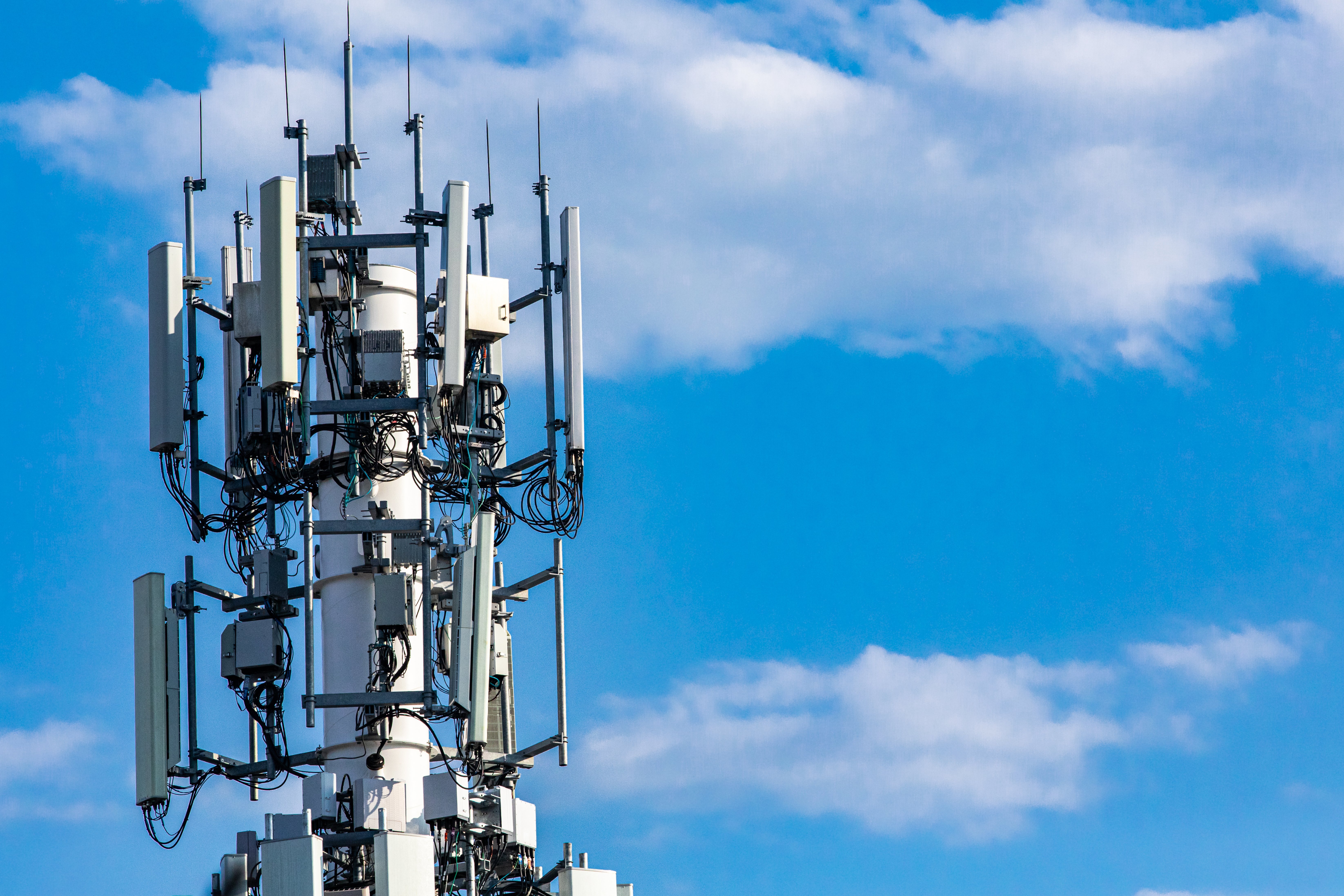Can there be any harm coming from 5g?

5G cell towers are a new kind of antenna that's being utilized by wireless firms to provide internet services. They have more capabilities than 4g towers, and they can be much bigger and stronger.

Cities are increasingly concerned that these towers could be harmful to their residents. The concerns are related to aesthetic, privacy and health issues.
They're bigger
In 5G, the frequency that radio waves travel through is greater than 4G. This means that it requires more towers in order to transmit information. This increases the amount of radiation that can be emitted into the environment.
This is a big worry for HOA communities and real estate investors, as well as those concerned about adverse health effects. They are concerned that the addition of more 5g towers will lower property values and negatively impact public health.
The only way to solve this is to alter the way we communicate by using WiFi instead of traditional cellular networks. It's unlikely to be a quick process however it will happen eventually.
How will this be achieved? How can we ensure that it is safe? The answer lies in the technology inside of a cell tower called small cells.
They're more expensive
If you're living in a city, you've probably seen large towers of cell equipment that sit atop masts and buildings. These are cell towers with 4G and are used to offer wireless network service to surrounding regions.
They're usually 50 to 200 feet tall, and they're constructed to blend into the surrounding environment, reducing their visual impact. As opposed to 4G, 5G technology requires much denser tower coverage to offer wide-area coverage.
The dense cell sites could make it difficult for them to keep because they require being constantly active and providing speedy speeds. In the end, they're more expensive than other types of towers.
If you're a tower owner or the operator of a mobile phone network, it's logical to upgrade your existing towers to 5G in anticipation of the arrival of new technologies to the market. Adding these newer technologies to existing sites can help enhance the capabilities of your site and eventually increase income for you.
They're More Dangerous
What Makes 5g Towers Bad
One of the main concerns about 5G towers is that they emit more radiofrequency radiation than other kinds of towers. This is due to the fact that they have to be placed in a more dense manner over an area in order to ensure coverage.
The RF waves given off by cell phone towers don't have enough energy to damage DNA directly, or even heat body tissues, but they can break down chemical bonds in DNA, which could harm cells and lead to cancer.
This makes people worried that living near 5g towers could result in adverse health effects.
That's because 5g towers are more likely to be located near schools and homes, where they can transmit rf waves continuously. This means they'll be closer than ever before and the likelihood is higher that radiation from them is absorbed by your body.
safe distance from 5g tower 're Not Necessary
5G networks depend on a new part of the radio spectrum that can transmit data. They are called millimeter waves. They're shorter than traditional radio waves with less than 1-10mm in length. Therefore, they are more frequent and can transmit more energy.
To provide the high-speed speed and low latency that 5G promises, it's necessary to have a massive number of towers. https://www.pearltrees.com/callsled15/item504529637 will require a large number of masts for cell phones to provide coverage to cities, roads and business districts, schools, and even farms.
But there are other alternatives to provide high-speed internet in densely populated regions. One option is to create small cell stations which are distributed in a dense manner to fill in gaps in coverage.
However, the biggest concern is where these cells will be located and how they'll affect residents. Local governments and residents are trying to determine ways to block these structures or stop them from happening in their communities.
